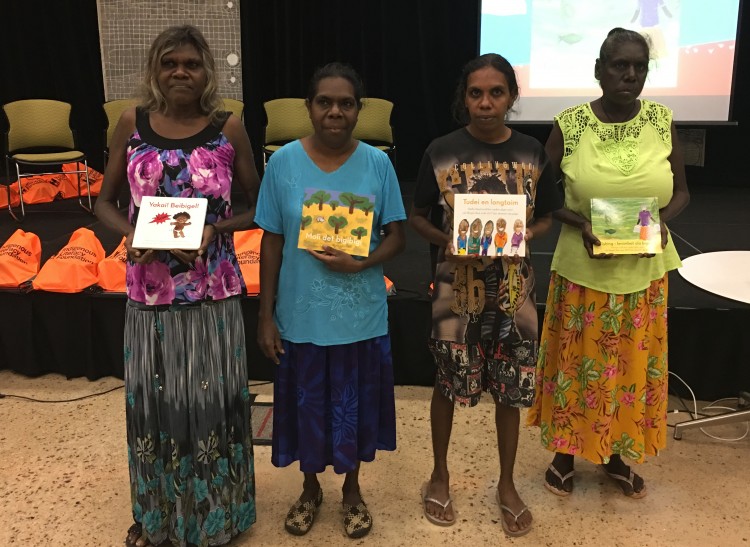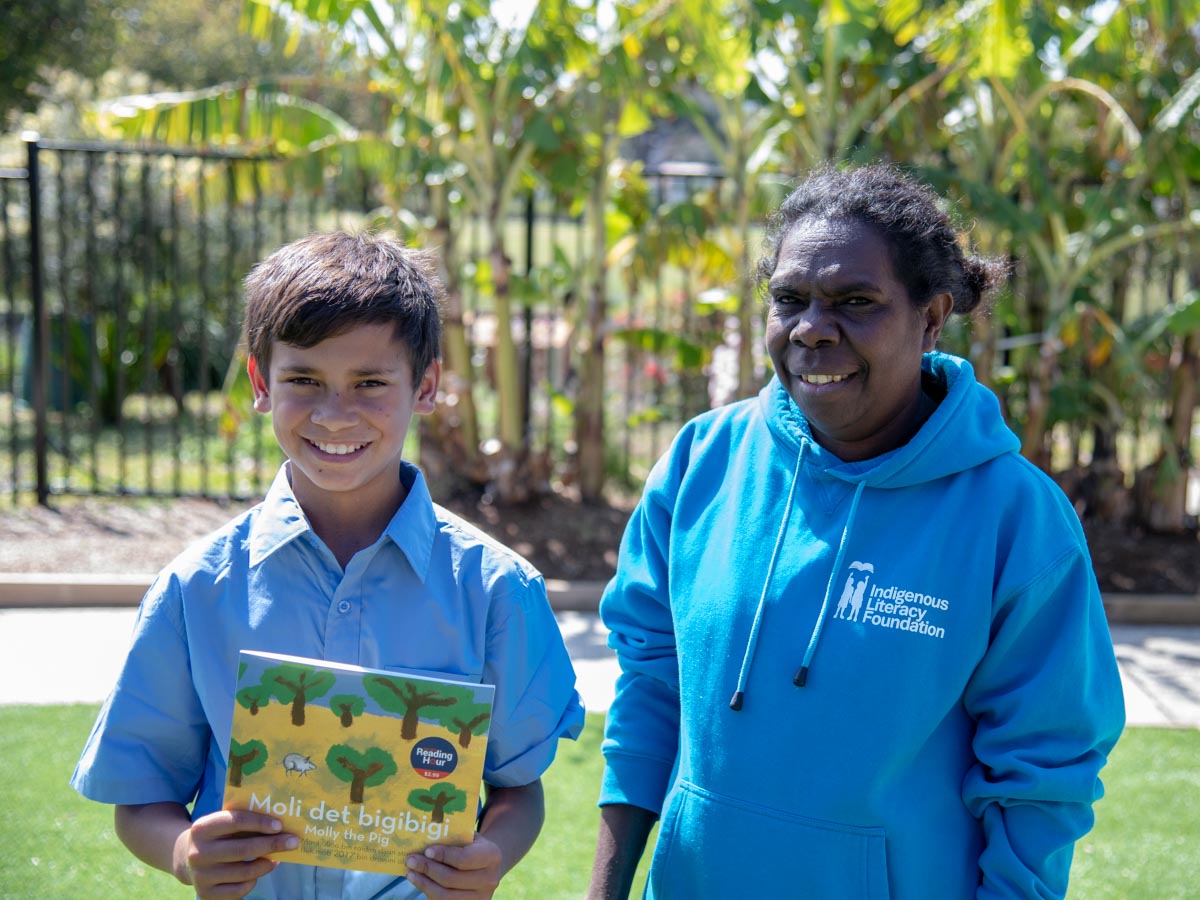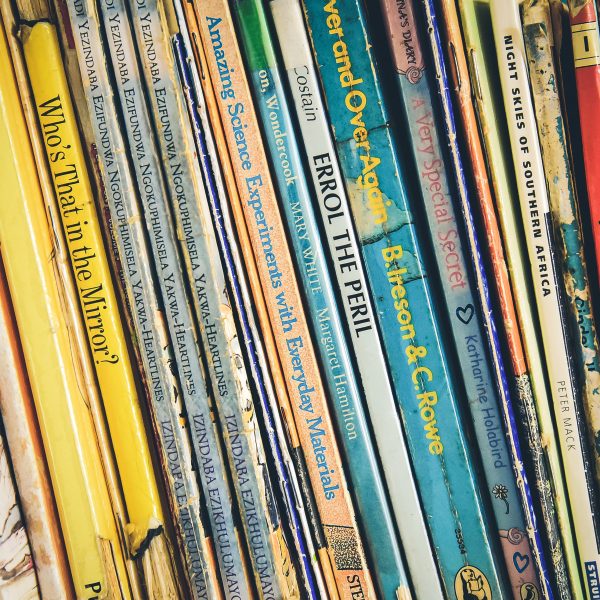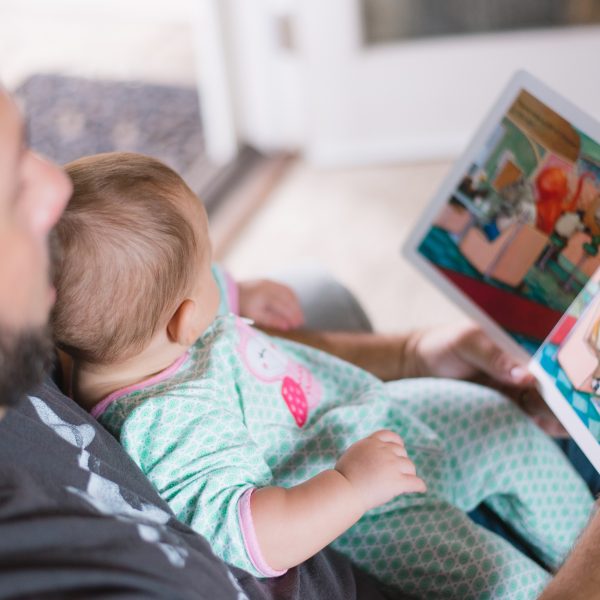The little pig making a big difference in promoting children’s reading

An endearing story about Molly, the little piglet who ate so much weetbix that she grew into a big, strong pig touched the hearts of children of all ages as part of yesterday’s Australian Reading Hour, an annual event which encourages Australians to “drop everything and read” for an hour.
‘Molly the Pig’ (‘Moli det bigibigi’) was written by Karen Manbulloo, a bilingual children’s author who writes in English and Kriol, the Aboriginal pidgin English spoken in her community of Bingari, near the Northern Territory area of Katherine.
Ms Manbulloo said she was “so happy” to join children from La Perouse Public School and Gujaga Childcare yesterday to share Molly’s story, which is based on a lost black piglet found in the bush by Karen’s brother.
First published in 2017 by the Indigenous Literacy Foundation, ‘Molly the Pig’ has been republished for Australian Reading Hour. Ms Manbulloo is an ambassador for the annual event.
 Author Karen Manbulloo with La Perouse Public School Year 5 student Dwayne, who helped her read ‘Molly the Pig’ (‘Moli det bigibigi’) to students for Australian Reading Hour.
Author Karen Manbulloo with La Perouse Public School Year 5 student Dwayne, who helped her read ‘Molly the Pig’ (‘Moli det bigibigi’) to students for Australian Reading Hour.
Her journey as an author began when the Foundation encouraged Ms Manbulloo to write a book, and Molly’s story sprang immediately to mind. The decision to write the book in both English and Kriol was because she “wanted children outside of her community to learn about Kriol.”
In welcoming Ms Manbulloo to the school, La Perouse Public School, Lisa Haller, said it was a wonderful experience for the children to hear an author read her book in language. The school will join with Gujaga Childcare to start a Dharawal language program, designed to promote learning of the language relevant to La Perouse and surrounds for older children.
The chairman of the Gujaga Foundation, Ray Ingrey, said La Perouse children had been learning Dharawal at the childcare centre for more than a decade and the school program would give all school students “the opportunity to learn about the world’s oldest living culture”.
The pilot program will be delivered by staff from Gujaga Childcare through a team-teaching model, so that classroom teachers also learn local language, history and culture to use this knowledge in their daily teaching.
Almost two thirds of the 54 students enrolled at La Perouse Public School identify as Aboriginal or Torres Strait Islander, and the Aboriginal community has an unbroken connection to the land for more than 7,500 years, according to the NSW Office of Environment and Heritage.
For more information about Ms Manbullo’s story, or to purchase a copy of the book, please see here.
Popular

Quality
Practice
Provider
Research
ECEC in focus - Una Springwood’s intergenerational initiative brings young and old together through connection and care
2025-06-30 10:00:45
by Contributed Content

Provider
Practice
Quality
Research
Aboriginal Education Strategy drives early learning and school success in South Australia
2025-07-01 09:55:12
by Fiona Alston

Workforce
Policy
Quality
Research
Inclusive Practice Framework set to strengthen inclusion in early childhood settings
2025-06-24 11:37:00
by Isabella Southwell












